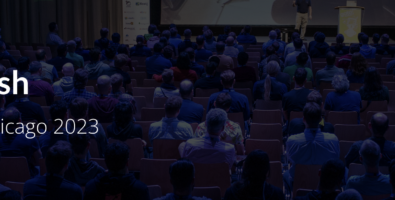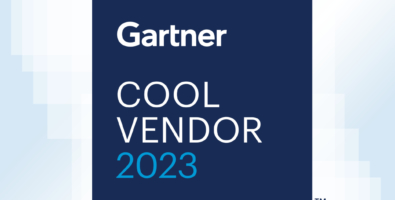A Day in the Life: Karthik Gaekwad
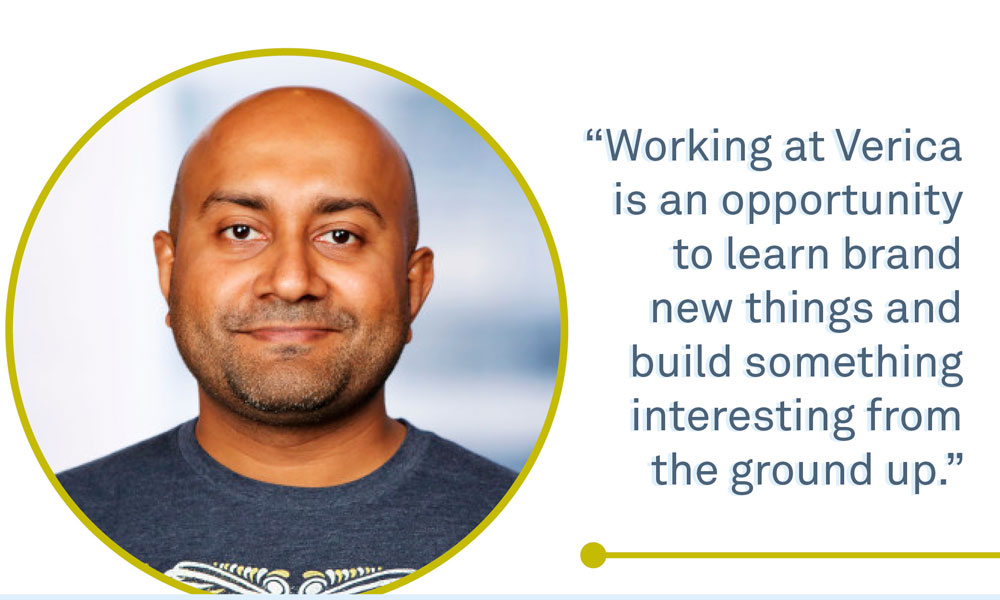
Karthik Gaekwad
Austin, Texas
At Verica for: 8 months
Ed Note: This is an ongoing series about what a day in the life of various Verica folks looks like. In this post, we chat with Karthik, one of our engineers on the Kubernetes module team. In addition to being Verica’s resident Cloud Native expert, Karthik is an active member of the devops community, regularly organizing and speaking at conferences and meetups.
What brought you to Verica?
I happened to work at Oracle Cloud at the time that Casey and Aaron started Verica, and the problems that we ran into were around running Kubernetes at scale, so I was already dealing with the kinds of problems that we are trying to solve here. I’d known Aaron for some time, and we often talked about core issues that we deal with running containers from a Cloud Native and Kubernetes perspective. He encouraged me to start looking at Chaos Engineering, and the idea that I can actually run infrastructure in a more reliable way than just getting a large number of people to work on fire-fighting problems.
I was a bit nervous because I brought experience with Cloud Native work, but I didn’t know anything about Chaos Engineering. I know a lot about testing because we spent a lot of time testing infrastructure, but that’s different. At the same time, working at Verica presents an opportunity to learn brand new things and build something interesting from the ground up.
Out of all of the things that we do at Verica, I think the biggest benefit is working at a place that actually cares about the humans behind the work.
Is this the first time you’ve worked remotely?
I’ve worked remotely for a long time, so I am accustomed to a remote culture. I’ve seen a lot of different implementations of that, though. At Verica, when we say we are working remotely, we actually believe in it. There have been companies I’ve worked for before who claimed to be supportive. And then when it comes down to it, they’re asking, “Why aren’t you available for this meeting?” If that’s a global company, the meeting might be 4:00 AM your time. On the flip side, if someone was based in California, my meetings ended up being super late Austin time.
If someone can’t make a meeting, we’re happy to reschedule. We have a specific Slack channel for general or “real life” things to let people know if you’ll be out. Right now, I have some stuff going on at home, so I can’t be 100% on when there’s core hours for our team. But we have a Slack channel we use to communicate asynchronously, so I don’t have to worry about exactly when I’m available.
For example, I’m working on a container ticket right now where I’m updating a bunch of things with different containers, and I’ve started to put a lot more context about where I’m at inside of the ticket, so if somebody on the team wants to look at the status, they can just go look at the ticket and know what’s happening. We also communicate asynchronously via documentation, whether it’s a Confluence doc or Google doc, so people can collaborate there when they’re available.
We have a value I really appreciate, which is “Be here when you’re here, and be not here when you’re not here.” I haven’t seen a place before that’s actually believed in that and done that. Out of all of the things that we do at Verica, I think the biggest benefit is working at a place that actually cares about the humans behind the work, even more than what we’re actually trying to build.
So, TL;DR: the kid’s home.
What did you do today?
Today has been a weird day for me. Yesterday, we found out that a kid in my son’s daycare class has COVID, so we’re scrambling. Our school is closed, there’s other folks in our daycare falling sick. So there’s a lot of fallout from that which we’re dealing with right now.
So, TL;DR: the kid’s home. My wife has to get a couple of things done with a deadline today, and I’ve had a couple of meetings during the day that I’ve been semi-available for, but much of the time I’ve been taking care of my son. He’ll turn three in May, so he’s in the Very Loud phase right now. There’s no talking. It’s either yelling or being very upset.
[Ed note: During all of this, my own children, aged 6 and 9, come back from school and all hell breaks loose. It’s the kind of screaming where you can’t tell if it’s good or bad, and the dog is barking her head off. This is also a very typical day at Verica.]
In the midst of all this, I’ve been trying to fix up a container. There’s a bug I’ve been trying to work on, but it’s been very asynchronous. I’ll do some work, and then it’s lunch and a nap for the kid. And then I’m going to spend some more time while he’s asleep to get some more work done, then disconnect for a little bit, and then end up coming back later on this evening to work on more stuff.
It’s usually quiet enough that I’m actually able to pay attention and focus on work during the day.
A more typical day would be to check into Slack first thing in the morning to see if there was anything happening. We have a developer who works in Eastern time, so I’ll check to see if there’s something from him in the Slack channel. And then I typically look at any of the GitHub commits or whatever that have come in late from the folks on the west coast, who check in code after my day ends. I’ll look at commits and then once I’m done with that, I’ll start my day picking up either where I left off on either tickets or seeing if there’s any fires that need fighting.
I usually spend the morning trying to make sure that I’m making progress with whatever tickets I have assigned to me. Sometimes we’ll have things come up in our standup meeting, where either we need to change the way we are approaching a problem, or there’s a more important thing to go and look at it in the afternoon. If there’s something we could add, I’ll pick that up and go with it. Otherwise, I’ll still continue working on the thing I’ve been working on.
Cats are like senior developers. They come to you when they need help. And otherwise, they just make progress.
Dogs or cats?
[Long pause…]
That’s a tricky question. I’m going to go with cats. We have two cats, and we also have two dogs. I brought the dogs and my wife brought the cats—if you asked me this question three years ago, I’d have said dogs for sure. But now, our cats are more self-sufficient than the dogs are. Cats are like senior developers. They come to you when they need help. And otherwise, they just make progress. Dogs are like junior developers, they’re always asking you for feedback, which is good, but sometimes you’re just like, “Hey, it’s okay to try on your own and fail too.”
What do you do when you’re not working?
Most of my time right now is spent with my son—it’s a lot of kid wrangling. I also do like doing projects around the house. I tend to get energy from gardening or raking or planting trees. I like to spend time outside, building physical things. Building, fixing, and planting. We’re going to be stuck in this for another five years, because we’re expecting a second kid in June. It’s going to be a lot of, “Hey, we made it to 9:00 PM with two kids. Thank goodness. All right, let’s go to bed.”

Courtney Nash
Courtney Nash is a researcher focused on system safety and failures in complex sociotechnical systems. An erstwhile cognitive neuroscientist, she has always been fascinated by how people learn, and the ways memory influences how they solve problems. Over the past two decades, she’s held a variety of editorial, program management, research, and management roles at Holloway, Fastly, O’Reilly Media, Microsoft, and Amazon. She lives in the mountains where she skis, rides bikes, and herds dogs and kids.
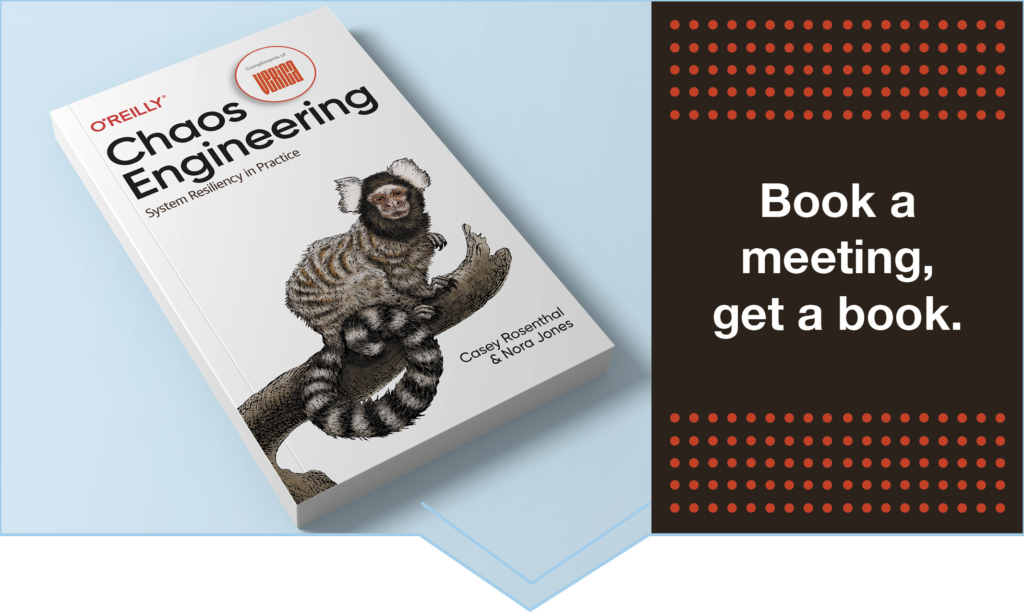
If you liked this article, we’d love to schedule some time
to talk with you about the Verica Continuous Verification Platform
and how it can help your business.




